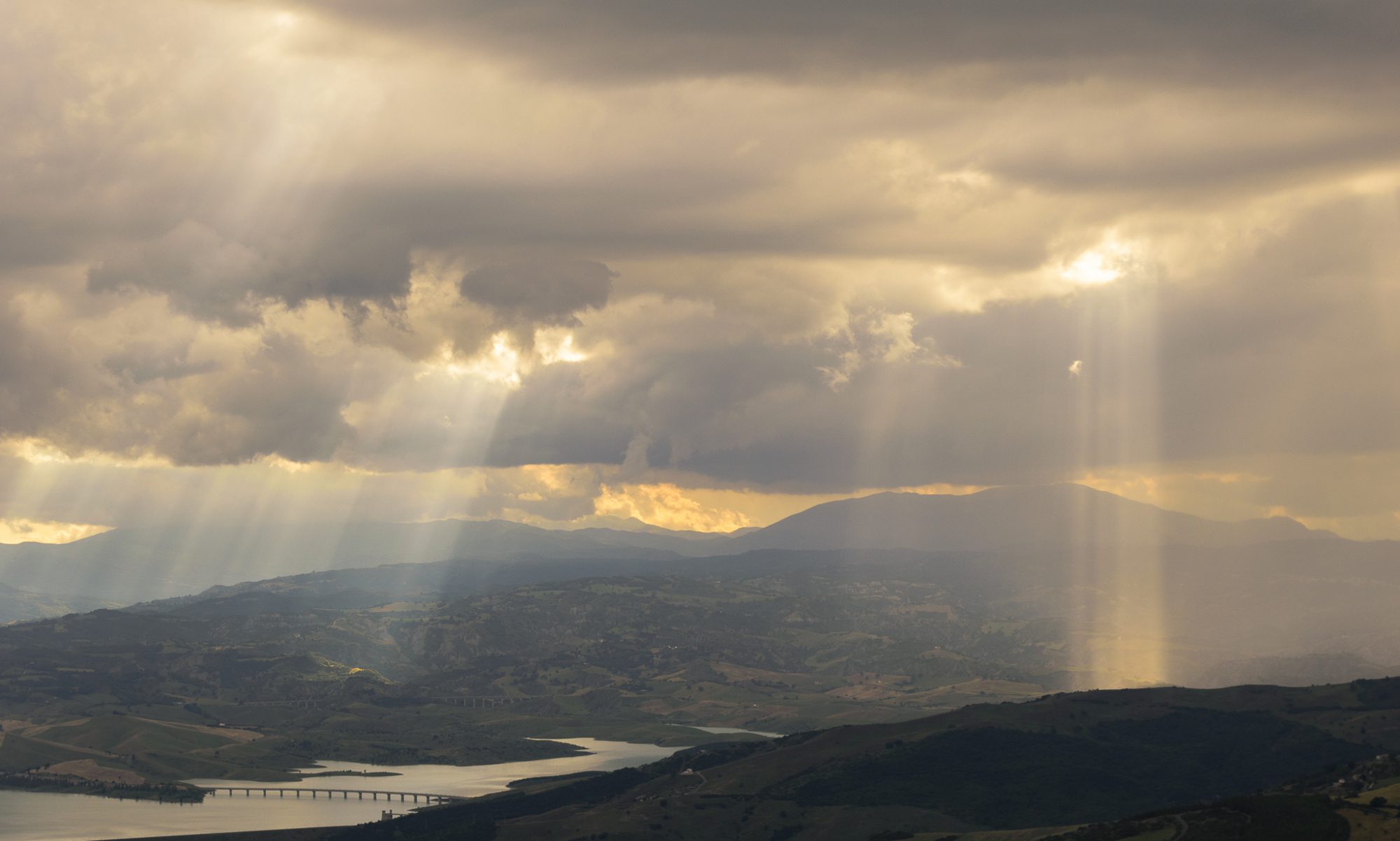Lucrezia Naglieri
Independent researcher (Italy)
The Films of Nicola Ragone Between Art, Ecology and Marginality
The documentary of Nicola Ragone (Tricarico, 1986), Vado Verso dove Vengo (60 min., 2019), is a complex meditation on migration, environment and identity. In the first scene, a huge carousel moves at a slow pace, beautifully surrounded by a silent nature. This is an artwork, RB Ride, realized by world-renowned artist Carsten Höller and located on the top of a hill in the area of the Pollino Park, in Basilicata. By following an eco-anthropological perspective, the director underlines the contrast between the anthropic reality of metropolis – like London or New York – and the wild landscape of Lucania. The stories of emigrants and immigrants, filled with sentiment of leaving or remaining, alternate with images of the wrinkles, the rust, and the fallen plaster of the empty houses, like scars that depopulation have left to these remote villages. Yet there is no trace of nostalgia in this documentary, but a new suggested way of looking at the territory and its identity. Like a silent character who proudly claims its primary role, the region – with its stones, pits, ravines – informs us about how it should be perceived and utilized. Marginality/fragility, geometry/stillness, matter/silence, are the key words of a narration that embodies the spirit of a more philosophically- aware approach to the land. In Basilicata, certain places may seem inactive and hostile, but surely, they have a sort of sacredness emerging from the roughest textures of the Earth. The paper will carry out an aesthetical and iconographic research, with references to contemporary art, about the representation of Lucania’s landscape in Ragone’s films, analyzing other works, such as Marciapiedi (4 min., 2015), Urli e risvegli (50 min., 2017) and Soffio (8 min., 2019).
Lucrezia Naglieri is an independent researcher. She obtained her PhD in Cultural Studies with (specialization in Culture of the Mediterranean Region and concentration in History of Contemporary Art) at the University of Bari (Italy), with the thesis “Waste/West Art. Ethics and Aesthetics of Garbage.” The thesis focused on aesthetical phenomenon of using rubbish, discarded materials and urban waste in visual art and it will be published in 2020. Other publications include researches about the undiscovered artistic heritage of southern Italy, Second World War monuments, semantics of found objects, museums of absence and memorials after traumas.
